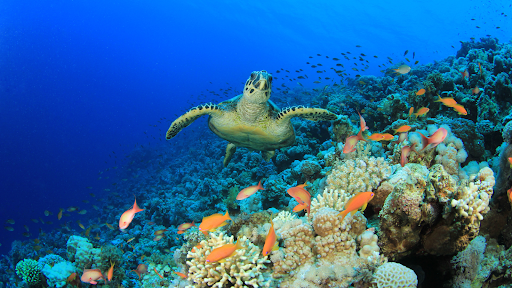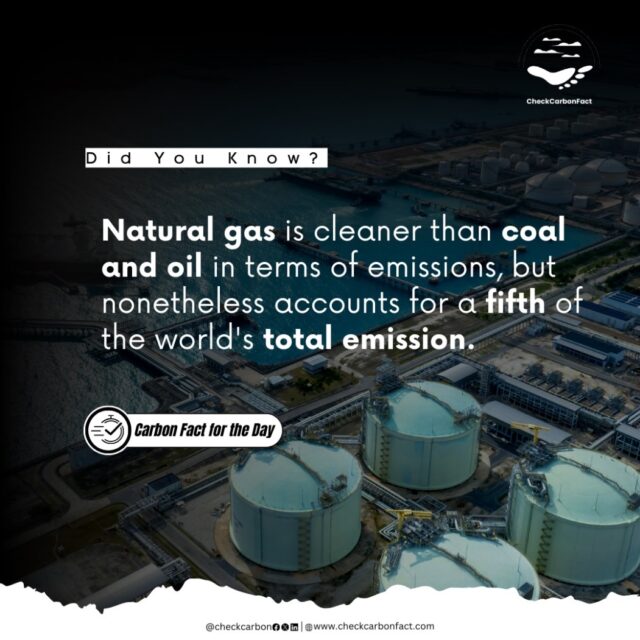
01 Jul Subsidies: EU member states spend €48 billion annually to harm nature
In a recent report by WWF, startling figures have come to light regarding the European Union’s financial support for sectors that inadvertently harm biodiversity. Despite the EU’s ambitious goals to restore nature by 2030 and pledge significant funding towards this cause, the report estimates that EU member states collectively spend between €34-48 billion annually on subsidies that damage biodiversity across various sectors such as agriculture, forestry, fisheries, transport, and water management.
These subsidies, intended to bolster economic activities, often lead to detrimental consequences for ecosystems. They support practices like unsustainable farming methods, deforestation, river fragmentation, and overfishing, which directly contribute to habitat loss, ecosystem degradation, and species extinction.
This stark reality sheds light on the systemic misalignment between public expenditure and environmental imperatives within the EU.
Understanding Harmful Subsidies
The concept of “biodiversity-harmful subsidies” refers to governmental financial incentives that, while aiming to stimulate specific sectors of the economy, inadvertently accelerate biodiversity loss. These subsidies encompass various industries, including agriculture, fisheries, forestry, transport, construction, and water management. Despite lacking a standardized definition, these subsidies share a common consequence: they sustain practices that degrade natural ecosystems, exacerbating habitat loss, ecosystem degradation, and species extinction.
According to a 2022 report, global expenditure on harmful subsidies totals approximately $1.8 trillion annually—an amount equivalent to Canada’s entire GDP. These figures underscore the magnitude of the issue and highlight the urgent need for systemic reform to align public expenditure with environmental sustainability goals.
The Scale of the Issue
The bulk of these harmful subsidies, as highlighted by the report, is funneled into agriculture, where practices driven by subsidies contribute significantly to biodiversity loss. Specifically, the EU’s flagship agricultural policy, the Common Agricultural Policy (CAP), earmarks a staggering 60%—equivalent to €32.1 billion annually—towards activities that foster large-scale unsustainable farming practices. These practices not only degrade natural habitats but also perpetuate environmental degradation without sufficiently supporting farmers in transitioning to sustainable and climate-resilient practices.
Beyond agriculture, subsidies continue to exacerbate the crisis. Fisheries receive between €59 million and €138 million annually, while transport infrastructure absorbs €1.7 billion to €14.1 billion and water infrastructure takes in €1.3 billion to €2 billion. These sectors, albeit diverse, share a common consequence: their subsidized activities contribute directly to the loss of biodiversity and undermine the EU’s broader environmental objectives.
The EU Subsidy Landscape
The WWF report focuses specifically on the EU’s 2021-2027 Multiannual Financial Framework (MFF), analyzing direct financing within sectors notorious for biodiversity degradation: agriculture, forestry, fisheries, transport, and water infrastructure. The report’s findings reveal staggering estimates of harmful subsidies allocated annually across these sectors:
- Agriculture and Forestry: Between €31.35 billion and €32.57 billion
- Fisheries: Between €60 million and €140 million
- Transport Infrastructure: Between €1.69 billion and €14.07 billion
- Water Infrastructure: Between €1.33 billion and €2.09 billion
Notably, the largest proportion of harmful subsidies originates from the EU’s flagship Common Agricultural Policy (CAP), constituting nearly one-third of the EU’s total budget. Despite recent efforts to integrate environmental criteria into CAP funding, a significant portion continues to support unsustainable farming practices, land-use changes, and activities that contribute to river fragmentation and deforestation.
Impact on Biodiversity
The detrimental impact of these subsidies on biodiversity cannot be overstated. Large-scale industrial agriculture, encouraged by CAP subsidies, leads to habitat destruction, soil degradation, and pollution from agricultural runoff. Similarly, subsidies in fisheries contribute to overfishing and the depletion of marine resources, jeopardizing both ecosystems and coastal communities dependent on sustainable fishing practices. Meanwhile, investments in transport and water infrastructure often result in habitat fragmentation and ecosystem disruption, further compounding the ecological toll.

Policy Reforms and Moving Forward
The findings underscore the urgent need for broader policy reforms within the EU. While there is currently no standardized definition of “biodiversity-harmful subsidies,” the report’s revelations highlight the necessity of identifying and phasing out subsidies that perpetuate environmental harm. This aligns with global initiatives like the Kunming-Montreal Global Biodiversity Framework, which aims to reduce biodiversity-harming subsidies by at least $500 billion annually by 2030.
Experts emphasize the importance of transparency and accountability in subsidy allocation, urging the EU to adopt a more rigorous approach to tracking and evaluating the ecological impacts of its financial support. This includes redirecting subsidies towards initiatives that promote biodiversity conservation, ecosystem restoration, and sustainable resource management.
Call for Action
In response to these revelations, WWF urges EU governments to enact immediate reforms. Tycho Vandermaesen, WWF’s Policy & Strategy Director at the European Policy Office, emphasizes the urgency for a paradigm shift in fiscal policy: “EU governments must urgently realign public expenditure with environmental and social imperatives.” This sentiment stresses the need for a legally binding framework to phase out harmful subsidies and redirect funding towards nature-based solutions.
Policy Recommendations
The WWF’s report advocates for comprehensive reforms, including:
- Establishing a legally binding framework to phase out harmful subsidies that undermine biodiversity.
- Redirecting subsidies towards nature-based solutions that enhance ecosystem resilience and support sustainable livelihoods.
- Enhancing transparency and accountability in subsidy allocation to ensure public funds are aligned with environmental goals.
- Prioritizing actions to reduce the EU’s dependence on fossil fuels and reforming the agricultural sector to promote regenerative practices.
Conclusion
As Europe navigates the dual crises of biodiversity loss and climate change, the allocation of subsidies becomes a critical lever for change. The EU’s commitment to allocating significant funds towards nature restoration is commendable, but the current misalignment between subsidies and environmental goals demands immediate attention. By reorienting subsidies towards nature-positive activities and implementing robust monitoring mechanisms, the EU can lead the way in fostering a sustainable future where economic prosperity coexists harmoniously with thriving ecosystems.
The path forward requires concerted efforts from policymakers, stakeholders, and civil society to ensure that subsidies serve as catalysts for positive environmental outcomes rather than perpetuating ecological degradation. With informed decision-making and collective action, the EU can effectively harness its financial resources to support biodiversity and secure a resilient future for generations to come.
About CheckCarbonFact
CheckCarbonFact is a social accountability platform for promoting sustainability and responsible climate action by citizens, businesses and government. Read more about us here: https://checkcarbonfact.com/about/
Carbon Fact for the Day

[wen_cta id=”2716″]

No Comments